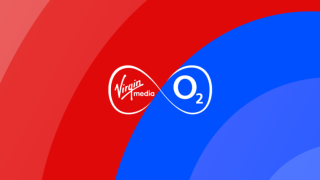Once completed, the new backbone network will enable Bezea to carry increasing IP traffic loads.
“Our network needs to handle today’s traffic and anticipate tomorrow’s,” said Meni Baruch, VP of engineering and CTIO at Bezeq.
“Ribbon offered us the most comprehensive solution, including day one readiness for 400G wavelengths, high scalability and cost efficiencies. We look forward to working together.”
Specifically, Ribbon will upgrade Bezeq’s Israel-wide network to flexgrid multi-degree Dense Wave Division Multiplexing (DWDM).
The new network uses Ribbon’s Apollo family of optical transport and switching platforms, which features innovative use of 400G ZR+ pluggable dynamic coherent optics and delivers dynamic configurability to meet growing and shifting traffic patterns and lower cost per bit.
“We’re delighted to be supporting Bezeq with a solution that combines network capability, a smooth transition path to next-generation requirements, and measurable cost efficiencies as they continue to meet the traffic requirements for their consumer, business and wireless customers,” said Mickey Wilf, general manager of APAC and MEA at Ribbon.
In March of this year Bezeq Israel Telecom saw a 25.3% increase in net profit last year, declaring the Covid-19 pandemic had "immaterial" impact on the financial condition of the group.
In its full year results, Bezeq reported an adjusted net profit increase of 25.3%, an increase in EBITDA of 0.8%, a free cash flow increase of 8% and a more than one billion shekel decrease in debt. Revenue was unchanged at 2.2 billion shekels.
More recently, Ribbon was selected by Dakota Central for increased broadband speeds. The Apollo and Neptune solutions will allow Dakota Central to significantly upgrade its communications network to offer new revenue-generating services such as 5G backhaul.






